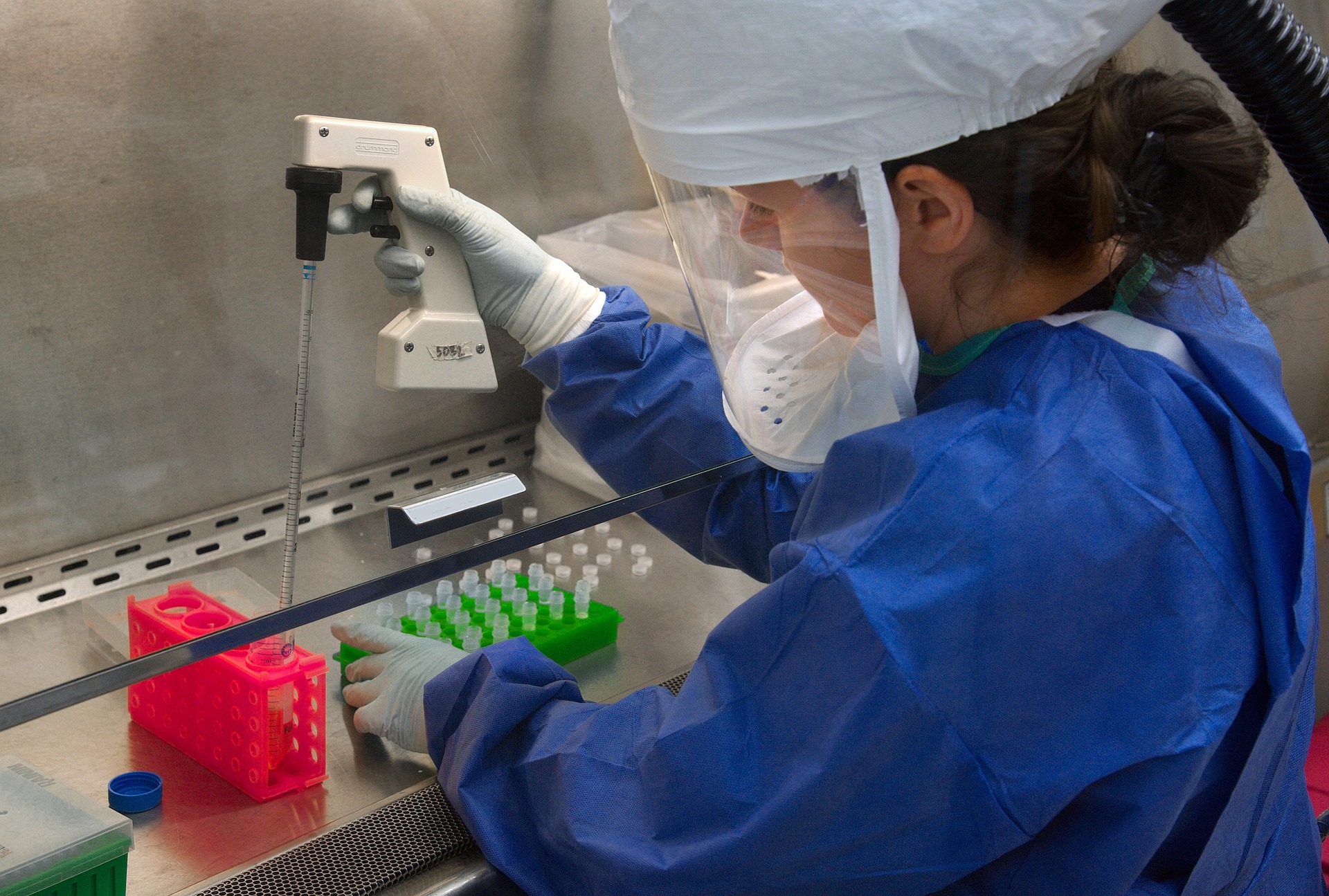The world as we know it is constantly changing and evolving, making it challenging to maintain a healthy lifestyle. However, epidemiology studies the distribution and determinants of health-related states or events (including disease) and is vital in promoting public health.
Epidemiology can help identify risk factors for disease, design and evaluate preventive interventions, monitor the progress of a disease outbreak, and support policy decision-making.
For instance, multiple studies have shown that smoking cigarettes dramatically increases your risk of developing lung cancer. In response to this public health concern, various campaigns and laws have been implemented to discourage people from smoking.
Did you know that epidemiology plays a critical role in public health? By understanding and utilizing epidemiological methods, you can improve the health of populations. Continue reading to learn more about this field.
- Epidemiology can be used to identify risk factors for disease
A risk factor is anything that increases the chance of developing an infection. For example, smoking is a significant risk factor for lung cancer.
Epidemiologists use research methods to study different aspects of diseases. They use observational studies and clinical trials to learn more about diseases.
Aspiring professionals can enroll in a post-graduate degree in public health to gain the necessary knowledge to pursue a career in this field. The program helps equip epidemiology skills, and students learn how to apply these skills in real-world settings.
Epidemiological studies can help to identify risk factors for a wide range of diseases. For example, a large prospective cohort study called the Million Women Study found that being overweight or obese increased the risk of developing 11 different types of cancer.
Risk factors can be divided into three main categories:
Behavioral: These factors relate to lifestyle choices, such as smoking, diet, and exercise.
Biological: These factors are related to an individual’s age, gender, and genetic predisposition.
Environmental: These factors relate to the physical and social environment in which an individual lives, including exposure to pollutants or toxins.
- Epidemiology can help design and evaluate preventive interventions
The next step after identifying risk factors is to design and evaluate preventive interventions. Preventive interventions aim to reduce disease incidence by targeting risk factors.
For example, vaccination against infectious diseases such as measles is a highly effective preventive intervention. Immunization programs have successfully reduced the incidence of measles in many countries.
In addition to vaccinations, other preventive interventions include public health measures such as hygiene education and clean water access. The more effective an intervention is, the greater its impact on population health.
- Epidemiology can be used to monitor the progress of a disease outbreak
Disease surveillance is the ongoing, systematic collection, analysis, and interpretation of health data to identify public health trends and problems. Surveillance systems can monitor the progress of a disease outbreak, identify risk factors for the disease, and evaluate the effectiveness of control measures.
Epidemiology can also be used to monitor the progress of a disease outbreak and support public health responses.
For example, surveillance data were used to monitor the 2014-2016 Ebola virus disease outbreak in West Africa. This data helped to identify risk factors for the disease and to evaluate the effectiveness of control measures.
- Epidemiology can help plan and evaluate public health programs
Public health programs are designed to promote the health of populations. They can include measures to prevent or control disease, improve access to health care, or promote healthy lifestyles.
However, not all public health programs are effective. Sometimes, public health programs can even have unintended consequences. For example, a mass deworming program in Kenya increased children’s risk of contracting malaria. And a food fortification program in Tanzania led to an increase in the rate of diabetes.
- Epidemiology can be used to support health policy decision-making
After designing and evaluating public health programs, the next step is to decide which programs to implement. Government officials or other policy-makers often make these decisions.
Policy-makers need reliable evidence to decide which public health programs to implement. Epidemiological data can provide this evidence. For example, the most recent data from the Global Burden of Disease Study was used to inform the Sustainable Development Goals, a set of targets for improving health and well-being worldwide.
- Epidemiology is a constantly evolving science
Epidemiology is a dynamic and ever-changing science. New methods and technologies are constantly being developed to improve the accuracy and precision of epidemiological data.
For example, the use of mobile phone data is increasingly being used to monitor disease outbreaks. This data can be used to track the movement of people and identify areas of high risk.
In the future, epidemiology will continue to play a vital role in improving our understanding of disease and protecting the health of populations.
- Epidemiology is an important tool for improving health
Epidemiology is a powerful tool that can be used to improve the health of populations. It can be used to design and evaluate preventive interventions, monitor the progress of a disease outbreak, and support health policy decision-making.
It can never be overstated how important epidemiology is for protecting the health of populations. In the words of John Snow, one of the founders of modern epidemiology, “The health of a community depends on the power of its people to resist disease.”
Summary
Over the years, epidemiology has played an important role in improving our understanding of disease and protecting the health of populations. It is a powerful tool that can help us design and evaluate preventive interventions, monitor the progress of a disease outbreak, and support health policy decision-making. As we continue to face new challenges to public health, epidemiology will remain an essential tool for protecting the health of populations. Most importantly, epidemiology is a constantly evolving science, and new methods and technologies are continually being developed to improve its accuracy and precision. As we enter a new era of challenges to public health, epidemiology will continue to play a vital role in protecting the health of populations.





